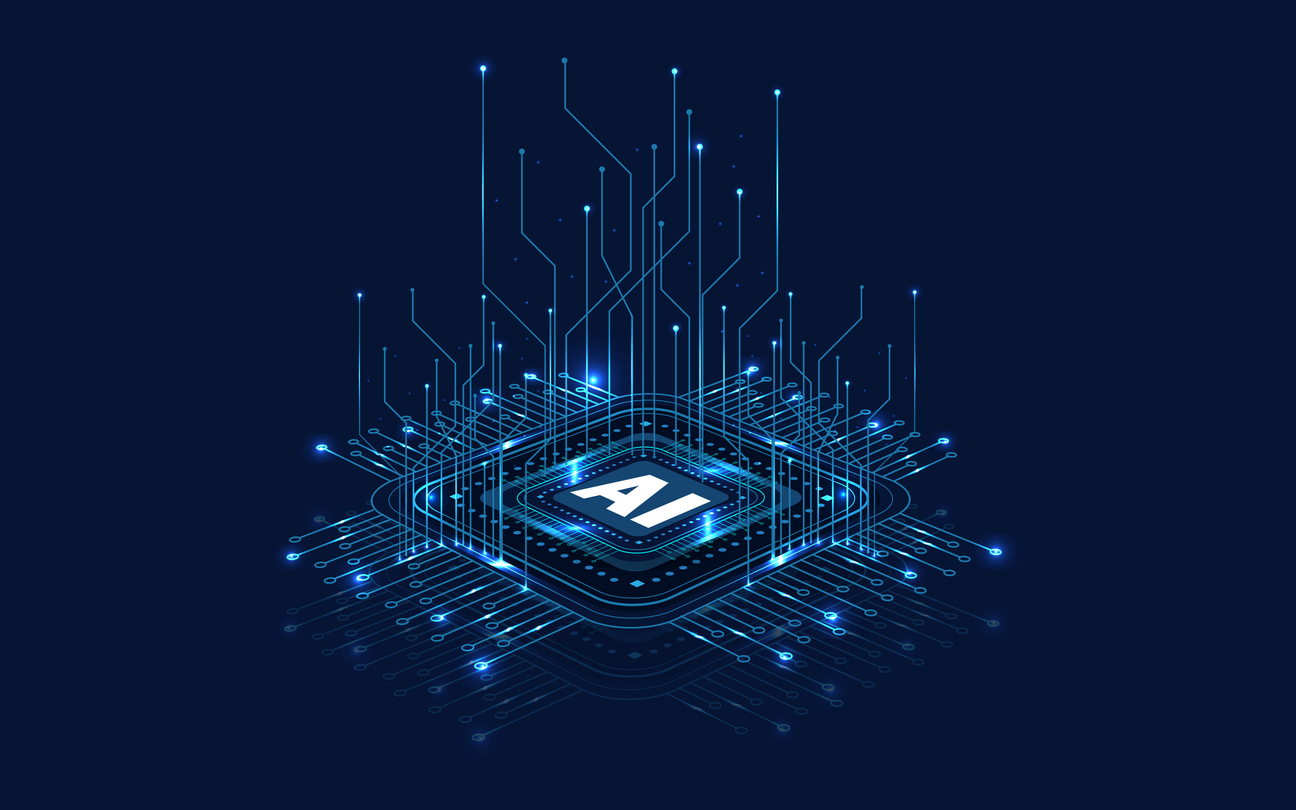
May 22, 2024
The project will likely be led by the IndiaAI Innovation Centre under the Ministry of Electronics and Information Technology's INR 10,000 crore IndiaAI Mission
Eminent higher education institutions and prominent AI researchers in the private sector will collaborate on developing the model
The model will be trained using publicly available data, digitised public library records, and anonymised non-personal data volunteered by companies and researchers
The AI model aims to support outputs in multiple native languages and will be designed for various applications, including improving government welfare scheme delivery

The Union government plans to develop its foundational artificial intelligence (AI) model tailored for Indian companies, entrepreneurs, academics, and researchers. Sources indicate that an initial investment of Rs 2,000 crore has been allocated for this ambitious project, which is expected to launch after the current parliamentary elections. This initiative will place India alongside countries like China and the US, which are also creating foundational AI models for various sectors such as defence and agriculture. The IndiaAI Innovation Centre, to be established by the Ministry of Electronics and Information Technology under the Rs 10,000 crore IndiaAI Mission, is likely to lead this effort.
The government’s intention to collaborate with eminent higher education institutions and prominent AI researchers in the private sector is a testament to the value they bring to the development of the foundational model. This model, whether a large action model (LAM) or a large multimodal model (LMM), will be designed to support a wide range of applications and services. Foundational models, which are pre-trained generative transformers, serve as the basis for developing other AI models by learning from existing data to generate new responses based on user input.
The project aims to address India’s unique needs by providing outputs in multiple native languages, a crucial aspect that sets it apart. This initiative builds on previous projects such as Bhashini, an AI-based language translation platform launched by the IT ministry in 2022, and underscores the government’s commitment to inclusivity and diversity.
According to the Stanford Center for Research on Foundation Models, globally, both private companies and federal governments had developed over 330 foundational models by April 2024. Leading companies like OpenAI, Google, and Amazon have made significant advances in this field despite ongoing challenges such as hallucinations, bias, and comprehension issues.
The Indian government plans to train its model using publicly available data, digitised records from public libraries, and other anonymised non-personal data volunteered by companies, startups, and researchers. An official acknowledged privacy and copyright concerns associated with training data, suggesting the use of historically accurate data from peer-reviewed books and scientific journals. Additionally, the government may create a platform for Indian startups to volunteer anonymised data for training.
The foundational model will also incorporate publicly available global datasets and open-source machine learning tools. Recognising that no model can be developed in isolation, officials emphasised the need for comprehensive data to train the neural networks behind the learning engine. The goal is to prepare the model for extensive use cases before its commercial release.
The government also plans to develop specific use cases for its departments, using data from the delivery of central and state welfare schemes. The model could enhance and expedite service delivery by appropriate training on this anonymised data, benefiting both the public and private sectors.
Source: Economic Times